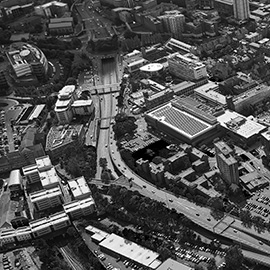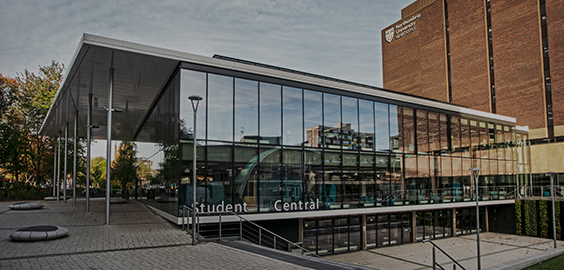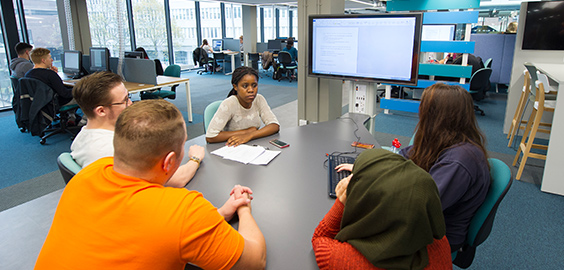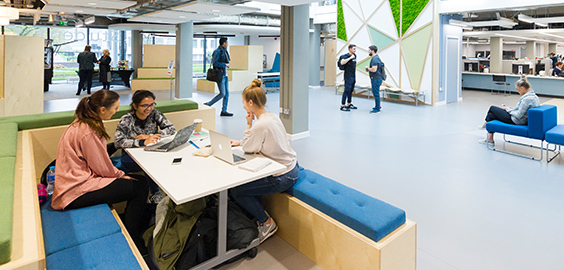
Investigation. Justice. Protect.
Policing is
undergoing far-reaching transformations in terms of rapidly changing crime
types, diverse public expectations and technological developments that will
continue to alter the ways in which policing is done.
What opportunities will you have in a Professional Policing degree?
Our exciting degree
programme in Policing will offer a unique insight into contemporary law
enforcement, the role of the Police in society, and the challenges they face.
Key to the transformation of policing is the better development and application
of research evidence, science and analysis to generate new approaches to
established and emerging law enforcement activity.
Why choose Northumbria to study Professional Policing?
The BSc in Professional Policing at Northumbria University
is a research rich programme which draws from criminology, law, forensic
science, fraud management and investigation, and cybercrime. You will learn
from the experts, from a range of subject-area backgrounds, about the future
challenges facing contemporary policing and the innovative responses being
developed to address them. The policing degree will
address critical questions that span expertise in Social Sciences, Law,
Psychology, and Business allowing you to explore problems not only from a
criminological, but also a sociological, legal and cultural perspective
relating to the role, function and philosophical approaches to policing.
Northumbria University is licensed by the College
of Policing to deliver the Pre-join Degree in Professional Policing and meets
all the requirements of their national curriculum. Please note that there are
no guarantees of entry to a police force post-completion of the BSc (Hons)
Professional Policing. The recruitment process for joining police forces
is separate and each police force specifies its own entry requirements.
See other similar courses you may be interested in, including BSc (Hons) Sociology and a Criminology degree, to gain a comprehensive understanding of social dynamics, crime, and the factors that influence human behaviour in both disciplines.
 Option for Placement Year
Option for Placement Year Option for Study Abroad
Option for Study Abroad





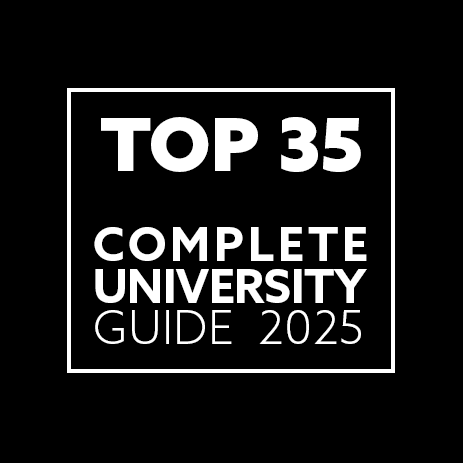
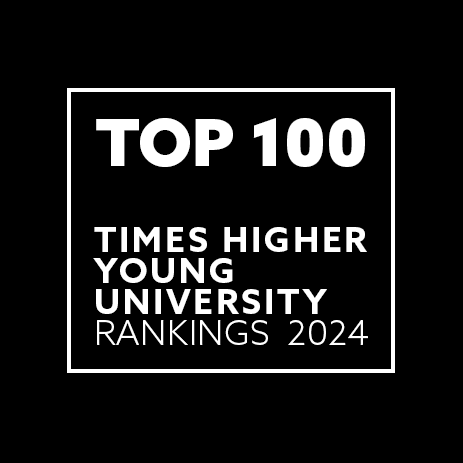
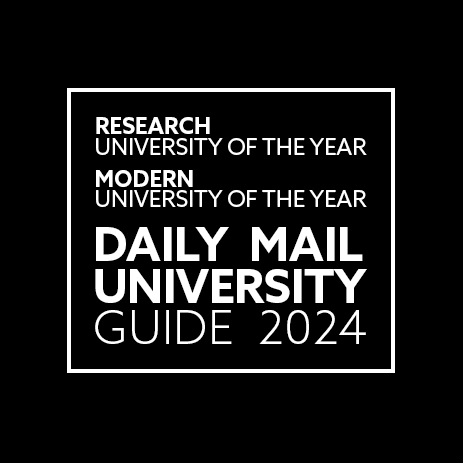

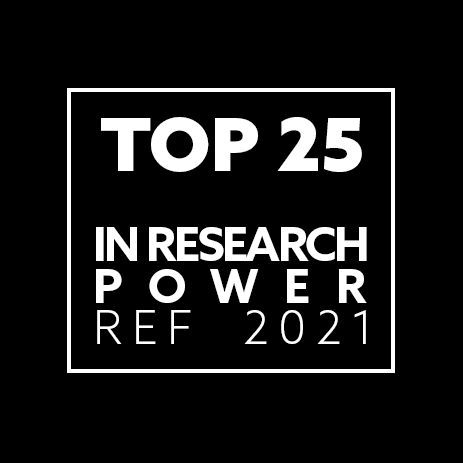





.jpg?modified=20201119191957)
